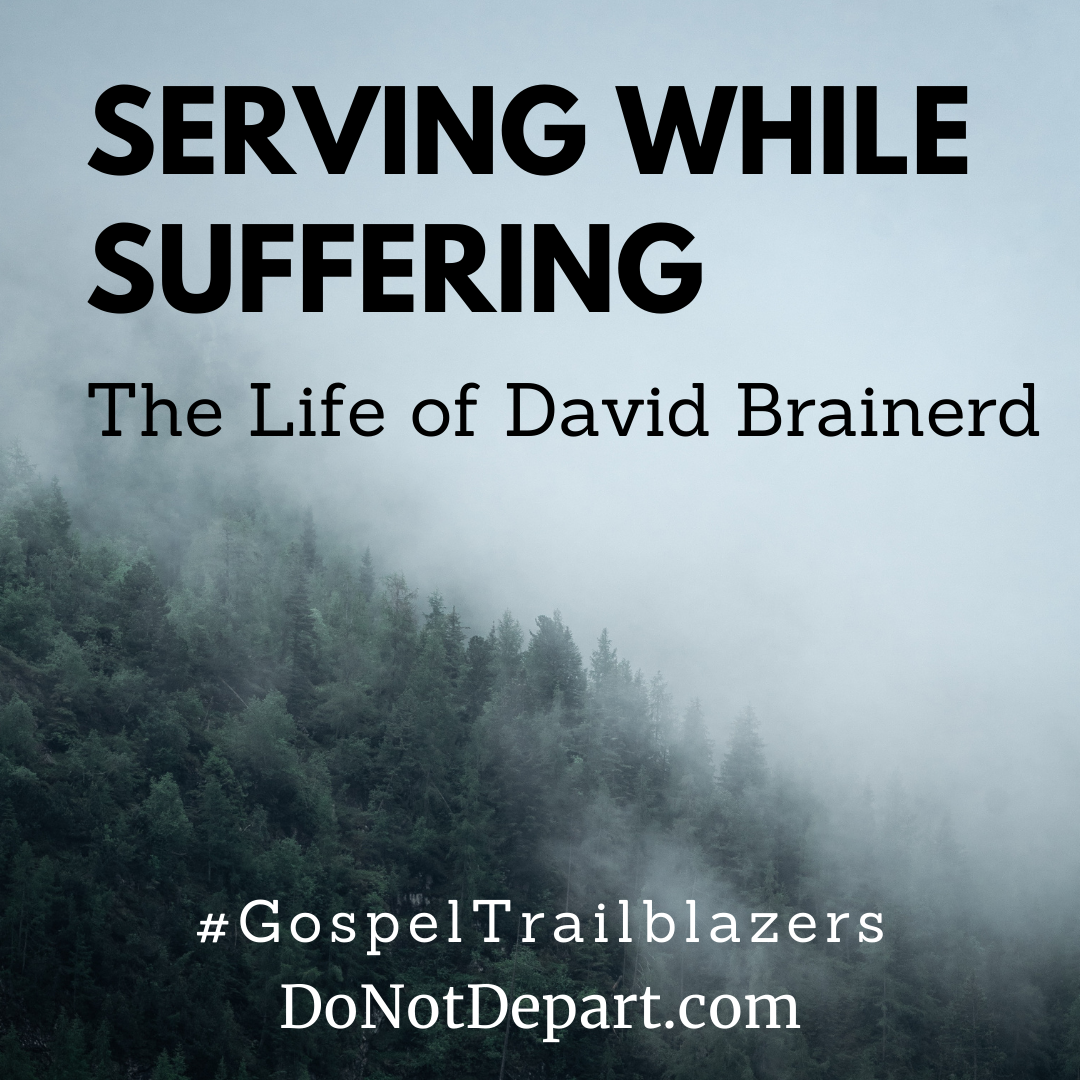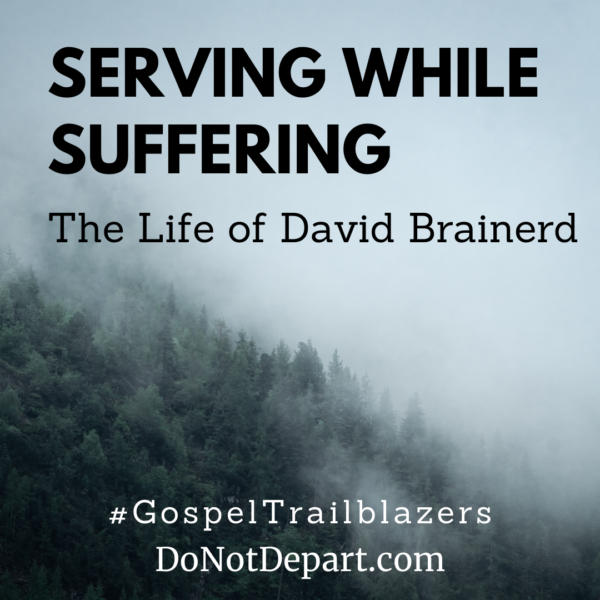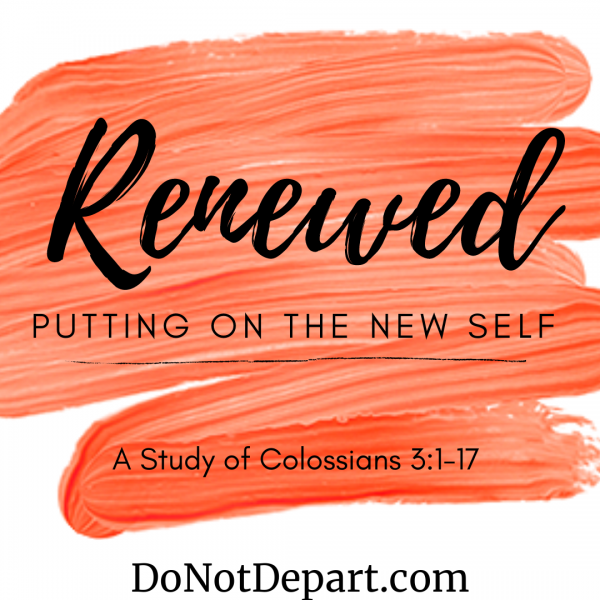When I was a kid, my family lived about a year without electricity, in a remote area of Colorado. We had no neighbors for miles. No electricity was even available to us at our little corner of the world, because no poles or cables even came close to our property. That meant no street lights (had there even been a street), and no city lights in the distance. When it got dark, it was dark! Old fashioned oil lamps lit our living room and bedrooms as dusk arrived. A little light expelled a lot of darkness.
In the Sermon on the Mount, Jesus told His followers that they were the light of the world. Since we are also His followers, those words apply to us, too:
14“You are the light of the world. A city set on a hill cannot be hidden. 15Nor do people light a lamp and put it under a basket, but on a stand, and it gives light to all in the house. 16In the same way, let your light shine before others, so that they may see your good works and give glory to your Father who is in heaven. (Matthew 5:14-16)
Jesus calls His followers a light and then compares us to a lamp. That simple statement tells us a lot!

A Lamp Held High
In Jesus’ day, the Roman Empire was nearing its peak. So the lamp we should imagine was likely much improved from the small, flattened, bowl-like “lamp” of King David’s time, 1,000 years before. The lamp Jesus referred to was likely a bit more like what we’d typically imagine – a lamp with a longer handle and small spout, with the flame arising from the top. However, this lamp was still pretty small and needed to be elevated so that its light could be cast farther.
Even if Jesus’ listeners had the smaller, older style of lamp, this same principle is true. To be effective, someone must place the lamp on a stand, not under a basket! Because the flame was so small and many baskets in Jesus’ day were large and tightly woven, placing a basket on top was nonsensical; it would completely extinguish the light!
Though we are “the light of the world” we are also like that little lamp. A lamp that hasn’t been lit has no light to shed of its own accord. No, we are like an unlit lamp until we receive the true light into our hearts. Another flame, or Light, has to come along and light us: Jesus.
Then we can shine brightly in the darkness.
…that you may be blameless and innocent, children of God without blemish in the midst of a crooked and twisted generation, among whom you shine as lights in the world… (Philippians 2:15)
A City on a Hill
Let’s think for a minute about the imagery used in these verses.
It may seem obvious, but Jesus gave the Sermon on the Mount on a… well… a little mountain or hill. When He mentioned the words, “city on a hill,” they could easily imagine a city right there in one of the hills around them, all lit up in the dark of night, a beacon of safety and protection. A city that couldn’t be hidden.
What a reminder that we, too, aren’t hidden. If we are true Christ followers, then we shine His light from within us, through our actions (our “good works” in verse 16), for the world to see.
Look what Barnes’ Notes on the Bible has to say about the “city on a hill”:
“Perhaps Jesus pointed to such a city, and told his disciples that they were like it. Their actions could not be hid. The eyes of the world were upon them. They must be seen; and as this was the case, they ought to be holy, harmless, and undefiled.”
Light in the Darkness
Today, a church (the Church of the Beatitudes) marks the spot where we believe Jesus gave this sermon. It’s on the northern shore of the Sea of Galilee.
Interestingly, that area is known for its black basalt. The homes built in that area in Jesus’ day were made of the black rock. If the home even had any windows, they were typically very small. I’m sure you can imagine the importance of light in such a setting! And wouldn’t even the smallest of flames contrast greatly against such a dismal environment?
I’m sure that Jesus’ original listeners understood it firsthand: the light seems to shine brighter when the night is so dark.
Jesus Is the True Light
The only way we can shine Jesus’ light is to first have His light within us. Like the lamp that needs another flame to light it, we need Jesus.
4In him was life, and the life was the light of men. 5The light shines in the darkness, and the darkness has not overcome it. …9The true light, which gives light to everyone, was coming into the world. 10He was in the world, and the world was made through him, yet the world did not know him. 11He came to his own, and his own people did not receive him. 12But to all who did receive him, who believed in his name, he gave the right to become children of God, 13who were born, not of blood nor of the will of the flesh nor of the will of man, but of God. (John 1:4-5, 9-13)
12Again Jesus spoke to them, saying, “I am the light of the world. Whoever follows me will not walk in darkness, but will have the light of life. (John 8:12)
Because Jesus is fully God, we know that He is light, because the Bible tells us that God is light. It isn’t part of who He is, or something that He has, but it’s His very essence.
God is light, and in him is no darkness at all. (1 John 1:5)
It’s only once we’ve experienced Jesus, the light of life, that we can then shine His light.
We Share and Reflect His Light
So, what does it mean to “shine?”
According to John 5:16 (found above), we shine by letting others see the “good works” that result from having Jesus in our lives. Other parts of the Bible might call this fruit. When we have Jesus’ Holy Spirit within us, there will be a result: love, joy, peace, patience, kindness, goodness, faithfulness, gentleness, and self-control. (The list in Galatians 5:22-23 is not exhaustive, but indicative of the result of the Holy Spirit in a Believer’s life.)
When others see this light from our “lamp”, they, too, can give glory to the Father!
As Christians, it is our job to shine in the darkness. It is our privilege, honor, and responsibility to be Christ’s representatives, His ambassadors, in this dark, spiritually starved world. And the most beautiful part of that is that we don’t have to shine alone! We have the Spirit’s help and the help of our brothers and sisters in Christ!
Like Paul did in the Book of Acts, we share the Gospel, shining God’s light to others to:
…open their eyes, so that they may turn from darkness to light and from the power of Satan to God, that they may receive forgiveness of sins and a place among those who are sanctified by faith in me. (Acts 26:18)
Interesting Facts about Light
Did you know that a wave of light never stops going? I recently learned that even a tiny lightwave will continue shining forever. Forever! It never fades or burns out. Apparently, the only way to get it to stop it from traveling is to block it or absorb it (like with a shadow). I’m not super sciency, so the fact that light travels forever surprised me!
I also learned that a single candle flame on a dark night can be seen by the naked eye for over a mile and half. Binoculars make it visible for over 10 miles.
These simple facts illustrate this: Jesus’ light will never stop. He will always be the true light of life. Because God is light, and in Him is no darkness. And when He puts His light in me, my little candle can shine brightly in my dark little corner, bringing glory to the Father.
Until He calls me home to Him.
How are you shining His light in your dark corner? Let’s shine brightly and give Him all the glory!
Blessings,
Ali






























